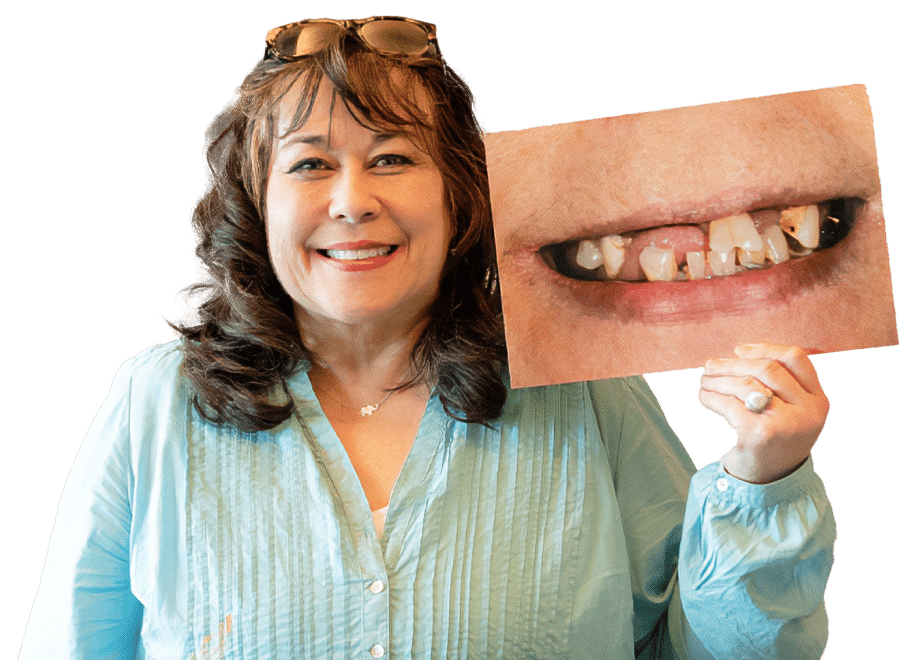How Your Teeth Can Stand Up Under The Pressure
Your bite exerts tremendous pressure. Your bite force may be as much as 168 pounds at your second molar, and the total bite pressure is about 5600 pounds per square inch. When you add this up over the many millions of bites you will take during your tooth’s life (not to mention grinding from bruxism), it’s remarkable that our teeth are able to withstand the pressure, especially considering that tooth enamel is strong, but as brittle as glass.
Avoiding a Shattering Experience
Your teeth are well-equipped to deal with the bite pressure itself. Actually, teeth are able to resist a compressive force of about 30,000 pounds. Where the concern arises is when your teeth get jolted together suddenly by anything from a jostly landing when jumping to a punch to biting on something too hard. That’s when the brittle properties of your teeth would be expected to manifest, causing your teeth to shatter like glass.
But they don’t. The secret is in the way they’re put together. Your tooth enamel isn’t made up of a single piece of enamel, but numerous tiny rods of enamel that are stacked up beside one another. At the outside of the tooth, these rods are parallel, but down deep in the tooth, these rods are wound together.
When your tooth is subjected to instantaneous force, it can lead to a crack, but instead of growing in your teeth the way it grows in glass, the energy of the crack is deflected down into the deeper parts of the enamel where the interwoven enamel rods diffuse the energy. This makes cracks much smaller than they would be otherwise.
Although these cracks somewhat weaken your tooth, they prevent the tooth from immediately shattering under any sharp impact.
When Flaws Grow
The problem with the system is that you can’t have it both ways. When you gain shatter-resistance, you lose compression-resistance. Over time, tiny cracks in your teeth can begin to expose you to an increased risk that one of these days your tooth will fail under load. In dentin, the material under the enamel, a crack of 1/100th of an inch is enough to make the difference, causing your tooth to fail under repeated load.
So, although your teeth are designed to withstand some serious forces, you shouldn’t put them under the extra stress of using them in ways that can increase the existence of microcracks. This means you should avoid using your teeth to chew on hard things like ice, pens, or other non-foods. Wear a mouthguard whenever you’re at risk of a blow from contact sports. And if you experience bruxism, you should get it treated to reduce the stress it puts on your teeth.



